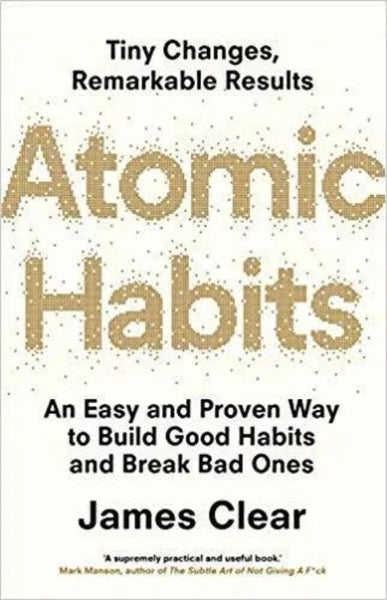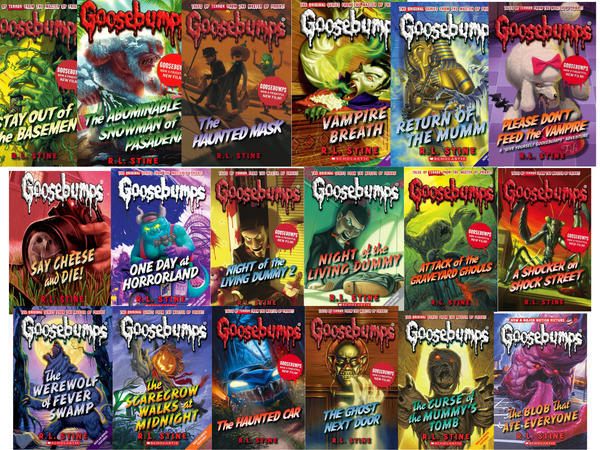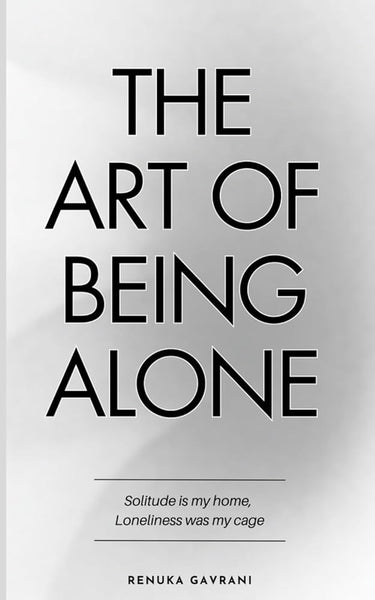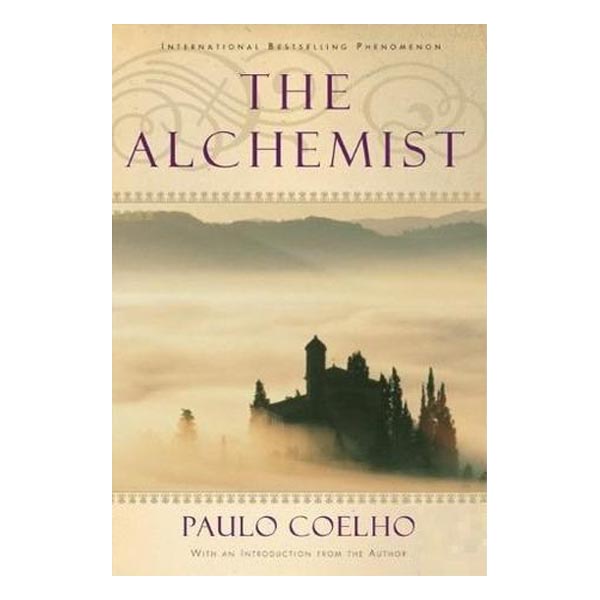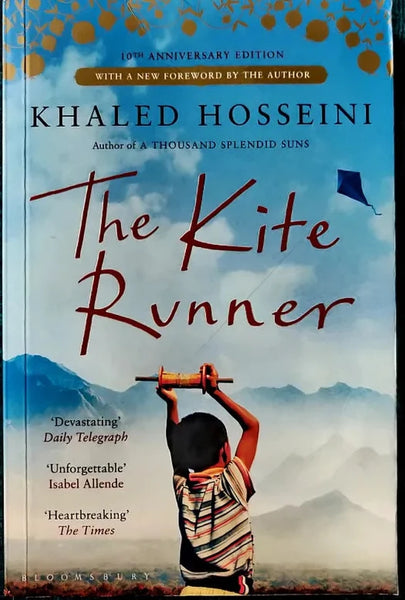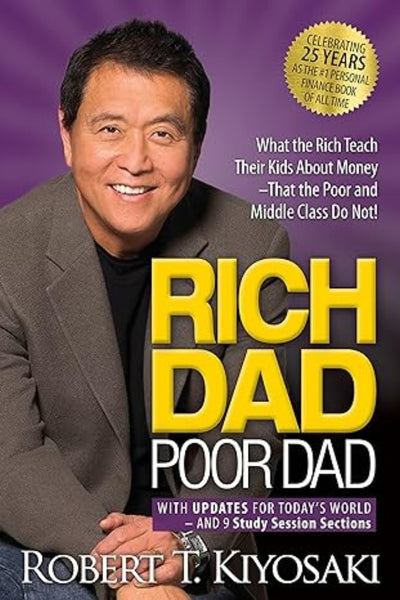The Crow Eaters: A Novel by Bapsi Sidhwa - Readings
- Publisher: READING CLASSICS
- Availability: In Stock
- SKU: 12727
- ISBN: 9789696400332
- Number of Pages: 267
Rs.420.00
Rs.599.00
Tags: 20th-century literature , assimilation , assimilation challenges , Bapsi Sidhwa , class distinctions , community struggles , cultural diversity , cultural heritage , diaspora in Pakistan , family drama , Faredoon Junglewalla , humor and society , humor in literature , irony in literature , Lahore , Lahore in literature , minority experiences , modernization , Parsi community , Parsi heritage , partition narratives , personal relationships , political climate , post-partition Pakistan , religious minorities , satire , satire in fiction , social conventions , societal change , South Asian fiction , The Crow Eaters , tradition vs. modernity , women in literature
The Crow Eaters is a vibrant and humorous novel by Pakistani author Bapsi Sidhwa, originally published in 1978. It is a satirical exploration of the complexities of Pakistani society, particularly focusing on the Parsi community. Through the lens of a Parsi family, Sidhwa delves into themes such as cultural identity, societal change, and personal relationships. The novel's rich narrative and its colorful characters offer a witty yet profound commentary on the social dynamics of post-partition Pakistan, making it an important piece of South Asian literature.
Key Features and Insights
-
Focus on the Parsi Community
- The novel centers around the Parsi community in Pakistan, a small and distinct religious minority. Through the experiences of a Parsi family, Sidhwa introduces readers to their unique culture, values, and challenges in post-partition Pakistan.
-
Humor and Satire
- The Crow Eaters is known for its sharp humor and satirical tone. Sidhwa uses wit and comedy to critique social conventions, class distinctions, and cultural norms in Pakistan, making serious themes accessible and engaging.
-
Cultural Identity and Assimilation
- The novel explores how the Parsi community struggles with maintaining its cultural identity while integrating into the larger Pakistani society. This theme resonates with broader issues of assimilation and preserving tradition in a changing world.
-
Family Dynamics and Personal Relationships
- The story revolves around the family of Faredoon Junglewalla, a Parsi patriarch who seeks to establish a successful life in Lahore. The relationships within the family, especially the interactions between parents, children, and in-laws, are central to the plot and are depicted with great empathy and humor.
-
Post-Partition Pakistan
- Set in the aftermath of Pakistan’s partition, the novel reflects the social, political, and economic shifts that affected all communities, including the Parsis. Sidhwa’s portrayal of Lahore during this period offers insights into the challenges faced by religious and cultural minorities in a new nation.
-
Conflict of Tradition vs. Modernity
- The Crow Eaters tackles the tension between traditional values and modern influences. The characters are often caught between honoring their cultural heritage and embracing the new opportunities and realities of post-independence Pakistan.
-
Strong Character Development
- The novel is character-driven, with well-developed personalities. Faredoon Junglewalla, the central character, is a humorous yet complex figure whose journey reflects broader societal changes, making him both a comedic and tragic figure in the narrative.
-
Historical and Political Context
- Sidhwa uses the family saga to explore the broader historical and political context of post-partition Pakistan. The issues of religious and cultural identity are intertwined with the political climate of the time, making the novel a rich historical text.
-
Exploration of Gender Roles
- The novel delves into the roles of men and women within the Parsi community. While humor is a central element, Sidhwa also subtly critiques the gendered expectations placed on women and men within both the family and society.
-
Literary Style and Symbolism
- Sidhwa’s narrative is both lively and layered with symbolic meaning. The use of humor, irony, and vivid descriptions brings the characters and the setting to life, while the symbolic use of the crow in the title hints at themes of survival, adaptation, and the community’s struggle for identity.
Conclusion
The Crow Eaters is a masterful exploration of cultural identity, societal norms, and the intricacies of personal relationships within the Parsi community in post-partition Pakistan. Through its humor, satire, and well-rounded characters, Bapsi Sidhwa offers both an entertaining and thought-provoking narrative. The novel serves as a reflection on the challenges of preserving one’s cultural heritage while navigating the complexities of a changing society. The Readings edition makes this seminal work accessible to a new generation, continuing its legacy as an important piece of South Asian literature.
════ ⋆★⋆ ═══
Writer ✤ Bapsi Sidhwa
Publishers ✤ READING CLASSICS



